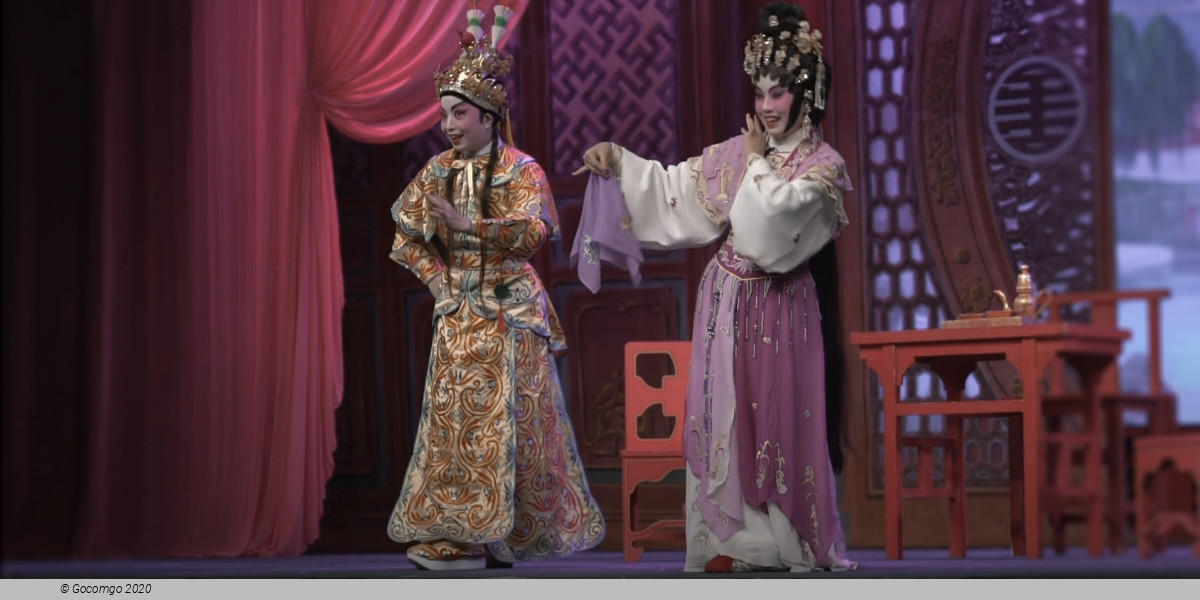Things to do in Hong Kong - June 2026
Things to do in Hong Kong - June 2026

Hong Kong is characterised as a hybrid of East and West. Traditional Chinese values emphasising family and education blend with Western ideals, including economic liberty and the rule of law. Although the vast majority of the population is ethnically Chinese, Hong Kong has developed a distinct identity. The territory diverged from the mainland due to its long period of colonial administration and a different pace of economic, social, and cultural development. Mainstream culture is derived from immigrants originating from various parts of China. This was influenced by British-style education, a separate political system, and the territory's rapid development during the late 20th century. Most migrants of that era fled poverty and war, reflected in the prevailing attitude toward wealth; Hongkongers tend to link self-image and decision-making to material benefits. Residents' sense of local identity has markedly increased post-handover: 53 per cent of the population identify as "Hongkongers", while 11 per cent describe themselves as "Chinese". The remaining population purport mixed identities, 23 per cent as "Hongkonger in China" and 12 per cent as "Chinese in Hong Kong".
Traditional Chinese family values, including family honour, filial piety, and a preference for sons, are prevalent. Nuclear families are the most common households, although multi-generational and extended families are not unusual. Spiritual concepts such as feng shui are observed; large-scale construction projects often hire consultants to ensure proper building positioning and layout. The degree of its adherence to feng shui is believed to determine the success of a business. Bagua mirrors are regularly used to deflect evil spirits, and buildings often lack floor numbers with a 4; the number has a similar sound to the word for "die" in Cantonese.

